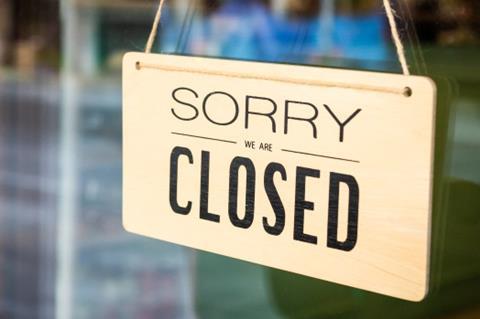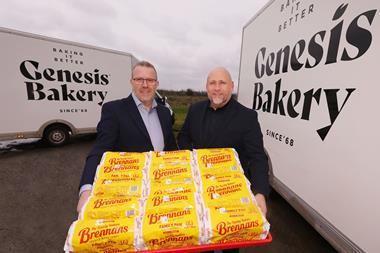
Britain’s bakers are showing great resilience despite continued cost and operational pressures, according to industry groups.
While some bakeries have sadly been forced to shut down in the face of soaring input costs, trade bodies say the number that have ceased trading has not been higher than usual.
“Fortunately, we currently only have a limited number of members reporting closures across both small operators and those with multiple shops and wholesale customers,” explained Karen Dear, director of operations at the Craft Bakers Association.
Her views were echoed by Scottish Bakers, which said it had not seen a spike in bakery closures and that its membership remained stable.
“The energy relief scheme in place over the Christmas period and running to the end of March provided a much-needed cushion for our members facing massive rises in their gas and electricity bills,” said Scottish Bakers CEO Alasdair Smith.
But the industry remains concerned about the immediate future and particularly about the replacement of the current energy relief scheme with the energy bills discount scheme in April.
“There is little clarity on how the most recent energy support scheme will be implemented and until the scheme has been in place for at least a month, we will be unsure of how this will impact business’ energy bills,” said Dear.
Scottish Bakers has estimated that the new scheme will cause gas prices for its members to rise by a minimum of 32% and electricity by a minimum of 12%. It fears that, together with continued commodity prices increases, some businesses will be pushed to consider closure.
Pointing to the closures that have already been seen, Real Bread Campaign coordinator Chris Young added: “With popular bakeries unable to make it when the energy bill relief scheme was in place, we’re really worried what’s going to happen after the first of April.”
“Costs of energy, ingredients and more on one side of the counter are forcing bakers to raise prices, at exactly the same time that costs of everything on the other side mean customers are reducing how much they spend and how often.”
The CBA added that it is also concerned about bakers in contracts with energy companies at a higher rate than they previously had.
“As their contracts ran out during the height of the crisis, they are still now tied into these contracts,” said Dear. “We want the government to look at this and work with the energy companies and small businesses to either get the current cost they are paying back in line with the cost now or allow the business to break contract and re-negotiate.”
































No comments yet